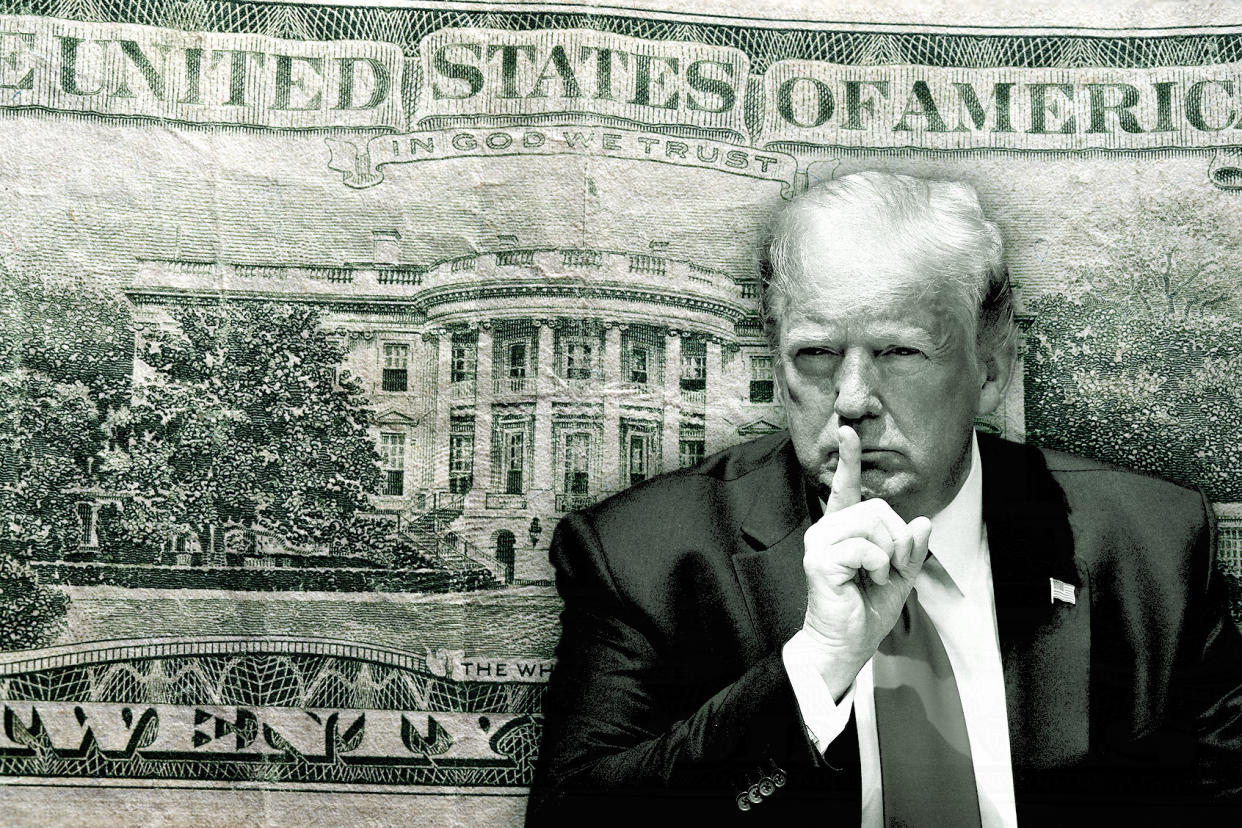Trump's "all-tariff" proposal would increase middle-class taxes by up to $8,500 a year: analysis

Donald Trump last week floated the idea of an "all-tariff policy" that he told Republican senators would enable the U.S. to get rid of its income tax." In practice, a new analysis finds any such tax swap would drastically inflate costs for consumers and widen the gap between rich and poor.
If Trump had his way, taxes on middle-income households would rise by $5,100 to $8,300 a year, according to the Center for American Progress Action Fund, a liberal advocacy group. By contrast, the top 0.1% of households would see their taxes cut by about $1.5 million a year, per the analysis, which notes that it would not actually be possible, mathematically, to replace all income taxes with tariffs alone.
Trump's separately proposed 10% tax on all imports, and 60% tax on all imports from China, specifically, would also raise costs for average Americans, according to the analysis, amounting to a $2,500 annual tax hike for the typical family. That sum includes annual tax increases of $250 on electronics, $160 on clothing, $120 on oil and $110 on food.
Trump, the presumptive Republican nominee, has also said he would use revenues from import taxes to extend his 2017 tax cuts for corporations and the wealthy, which are set to expire. That would mean the top 0.1% of Americans would experience a tax cut of about $325,000 a year while middle-income families, if after extending the tax cuts, would see a $1,600 net tax increase.
Trump's 10% tariff proposal could also cause a one-time inflationary burst of up to 2.5% in consumer prices, according to the analysis.
The center's analysis of Trump's tariff proposal fits with the expert consensus.
“Broadly substituting tariffs for income tax is a sure way to hit hard low and middle-income Americans and reward top,” David Kamin, a tax policy expert at New York University School of Law, wrote on X.
The Biden administration has also used tariffs, though in more targeted ways.
President Biden’s recent announcement of new tariffs on Chinese exports is specifically aimed at protecting the U.S. semiconductor and renewable energy industries.
